This weekend the ANC will be marking its traditional statement to commemorate its 8 January founding. May I just say right now with almost absolute certainty, it is going to be a non-event. This raises the question why do organisations change - and not change?
The ANC was technically founded as the South African Native National Congress in Bloemfontein on 8 January 1912. The four founding members were lawyer Pixley ka Isaka Seme, writer Sol Plaatje, teacher John Dube, and politician Walter Rubusana. Describing them with a single word does the four founders no justice; they were all extraordinary people who were writers, intellectuals, and philosophers of their time. Two started newspapers, two wrote books, they were generally mission-school educated, they founded schools and, of course, the still-ruling party (with a little help from some others).
In the current version of the history of the ANC, these remarkable men are regarded as representing the dreadful 'educated classes' rather than 'the people'. I have always regarded this imposition of the modern party "struggle" mythology onto the founders as specious. They were much more than incrementalist leaders representing middle-class values in the way they are often portrayed today - although they did occasionally wear top hats! For a start, their links with traditional society were strong; Seme, for one, married Phikisele Harriet ka Dinizulu, the daughter of the then King Dinuzulu. They made strategic choices within the massively restrictive circumstances in which they found themselves at the time.
However, the fact is that their chief mode of operation initially was petitioning, which was, let's face it, pretty useless. They were battling forces much larger than their nascent organisation had the power to change. But the organisation itself changed, first to passive resistance, which was proving successful at the time for another quasi-South African, Mahatma Gandhi.
The ANC toyed with communism in the late 1920s, returned to traditionalism in the ’30s, tried civil disobedience in the '40s and '50s and eventually turned to insurrection in the 1960s after being banned after Sharpeville. This is an organisation with change built into its very organic make-up.
Yet, not in the past 30 as government. If you examine the January 8th statements over the past 30 years, they are notably - and sadly - consistent. It is possible to see differences: the Nelson Mandela era featured 'reconstruction'; the Thabo Mbeki era featured 'social inclusion', the Jacob Zuma era focused on 'radical economic transformation' and the Cyril Ramaphosa era featured 'economic recovery'.
And yet, the motifs carry through: equality, redress, 'empowerment' and service delivery. We have been hearing about these themes for more than a generation now. Throughout this period, equality has gradually got worse and service delivery has become associated with rolling eyes. There has been some redress and empowerment, but oddly it's as much linked to individual action and initiative as with active government intervention. Those are more associated with backward, not forward, steps.
As for the fundamental reconstruction of South African society, well, one can only shake one's head. The 2004 statement promised to halve unemployment and poverty by 2014. I am not making that up. But by 2014, the party had learned not to set quantifiable targets because, obvs, that target was not achieved then nor has it been met today. Over the years, the statements have become more generic. "We must intensify the struggle against poverty as we advance in unity towards 2012," the 2012 statement said. And so on.
So now they are generic enough to be seen as simply rhetorical rather than actionable, which is why I am so bold to say don’t hold your breath this weekend for the formal statement. As SA’s 'progress' has gradually whittled away, why, you may ask, does the ANC not embrace change as it once did? The path it is on is gradually losing ground; the party has lost support in every election since 2009. Why is that not sufficient to engender real change?
I have a theory: the situation is bad but not bad enough. Financial Times columnist Janan Ganesh makes this same point in a recent review of the recently-deceased president US Jimmy Carter.
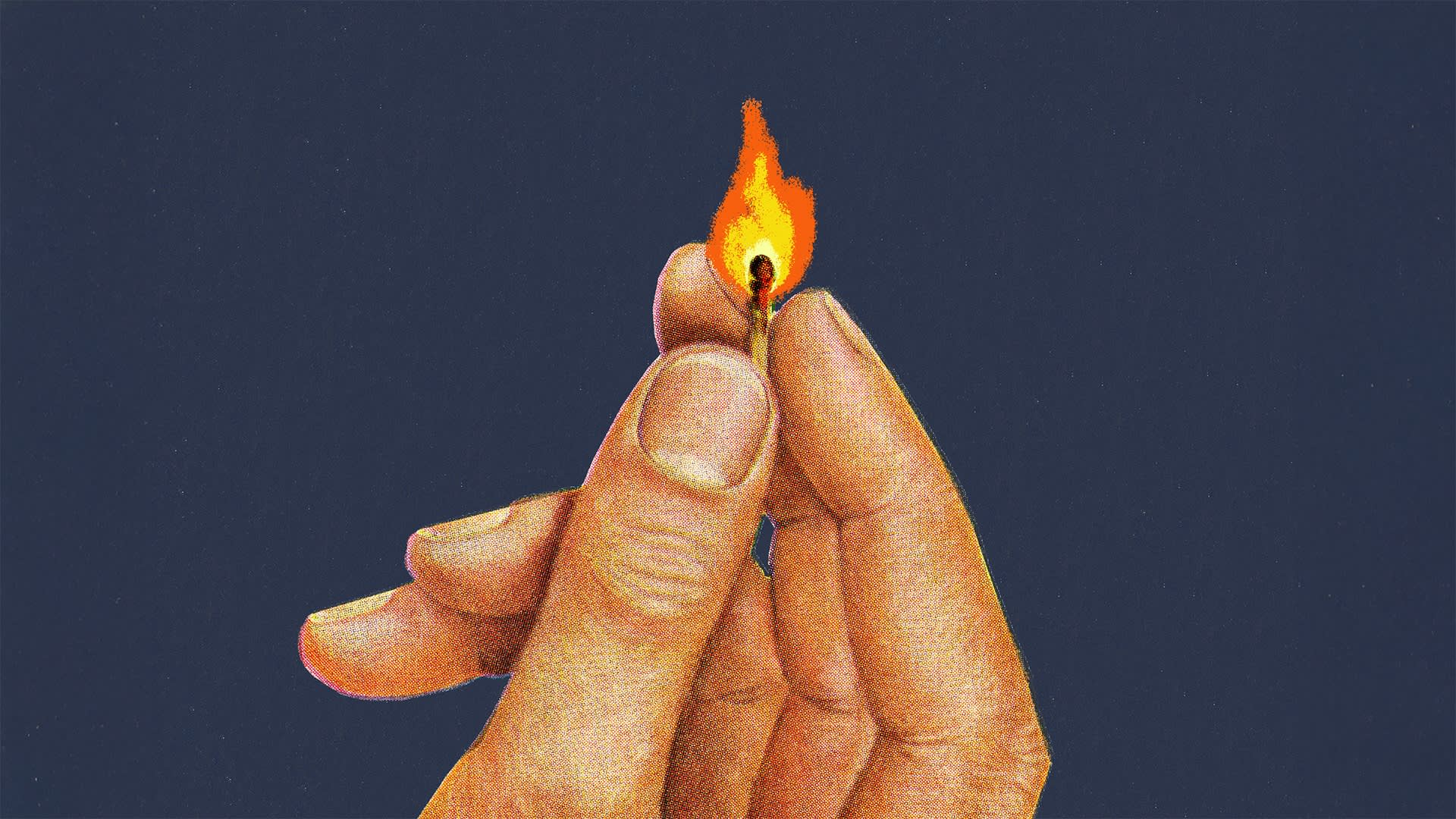
“I am increasingly convinced of something that we might call the Carter Rule: rich democracies need a crisis in order to change. It is almost impossible to sell voters on drastic reforms until their nation is in acute trouble”. Carter did engage in some fundamental change: he was a notable deregulator, for example. But the public mood wasn’t sufficiently supportive. “ .. the electorate wasn’t fed up enough at that stage to entertain a total rupture with the postwar Keynesian consensus. No rage, no Reagan”.
The same sort of thing happened in the UK: "...an air of malaise, a false start or two at reform, then a galvanising humiliation (the IMF loan of 1976) that at last persuades voters to give carte blanche to Thatcher. Things had to get worse to get better,” he writes.
In some ways, this is an ominous prognosis for South Africa. Nobody can realistically, humanly, wish for things to get worse. But what we can do is recognise that fundamental change is unlikely in these circumstances of merely gradual decline.
Ganesh says the tragedy of Carter was one of timing, not talent. Britain and America were a few years away from that moment in the life of nations when voters looked around and said, at last, “Enough.”
In a similar sense, the tragedy of Ramaphosa is also timing, not talent. I have always waited for the moment an ANC leader says what apartheid Prime Minister PW Botha once famously said: “We need to adapt .. or die”. Can you imagine? I can’t.
So what is the answer to the question, who is the frog, the ANC or us? It's easy; it’s both of us. 💥
From the department of, is shrek a position?
Women now 38% of Pornhub visitors, up from 14% in 2015
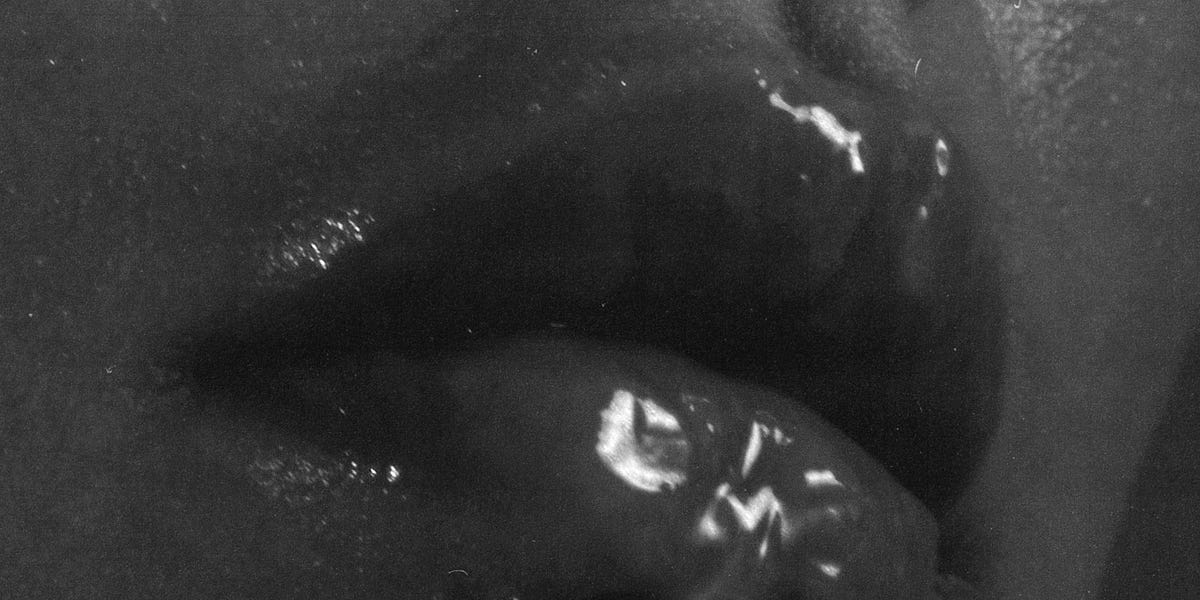
Great review of Pornhub's end-of-year data. And btw, Shrek is the most-searched term in the animated category. I am not making that up.
From the department of really wild stuff, this is shocking
The 2024 Consumer Electronics Show: to be taken with a pinch of salt

From the department of correlation is not causation
Is there a link between obesity and corruption?
Well, take a look at this graph for example...
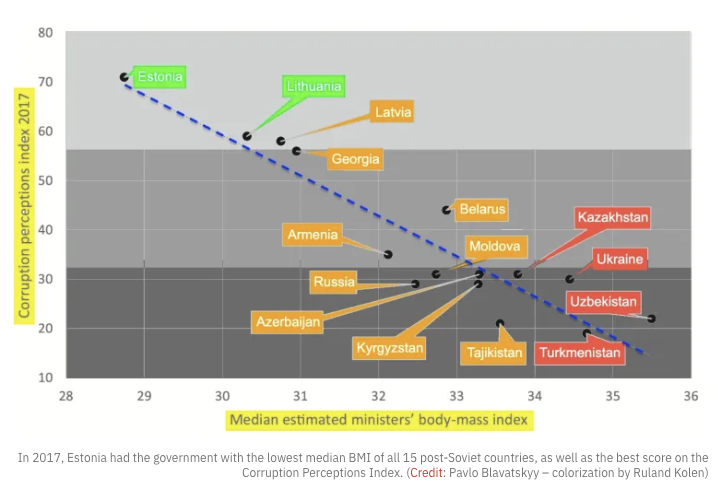
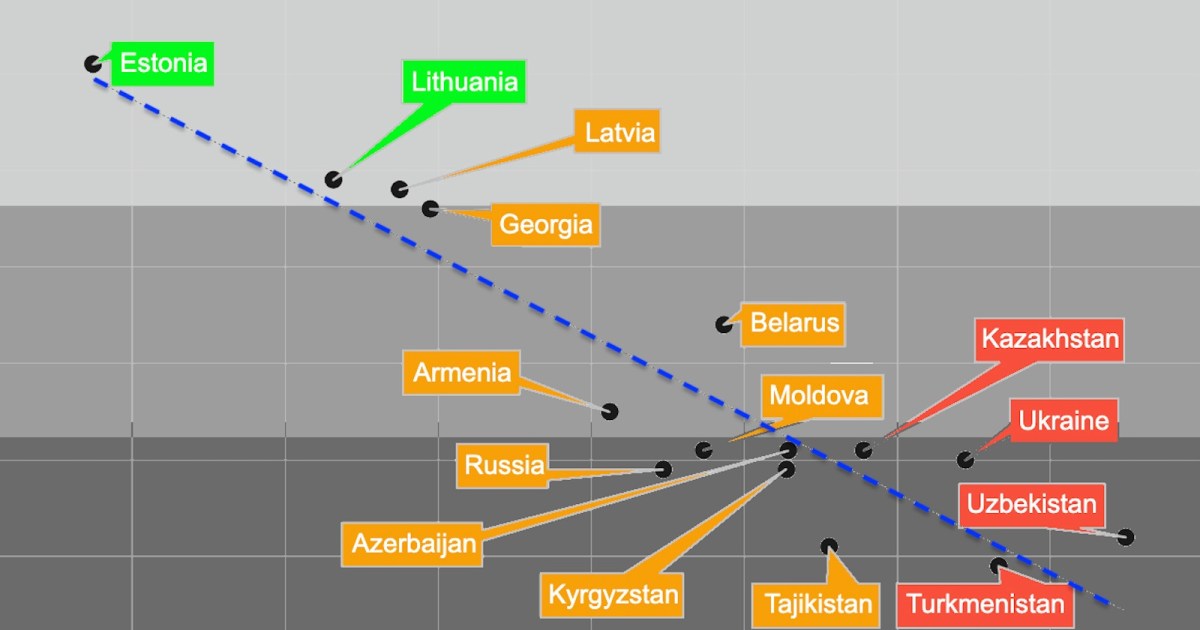
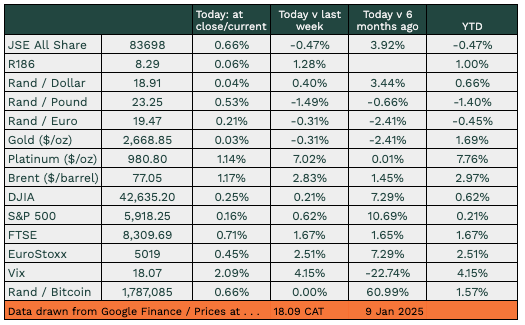
Thanks for reading this far: if you know someone who might enjoy this post, please do forward it to them, and ask then to put their email in the space above. Otherwise, catch you on the other side. 💥






Join the conversation